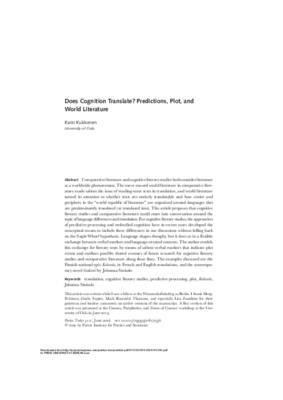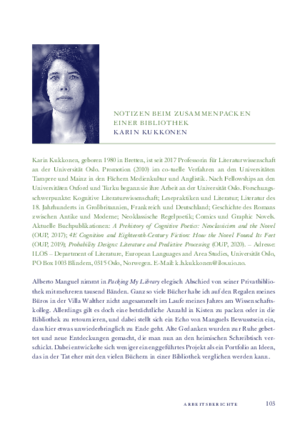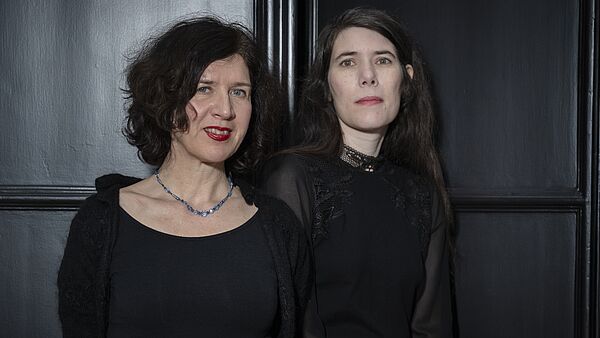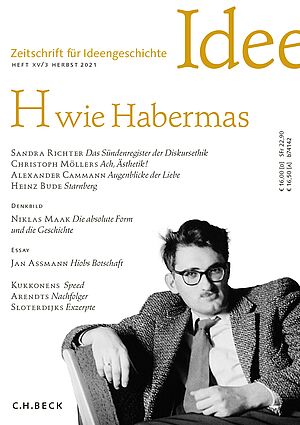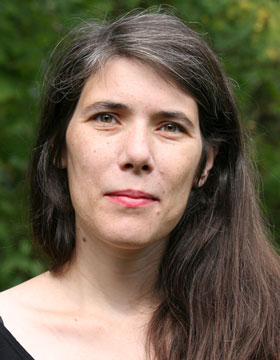
Karin Kukkonen, Ph.D.
Professor in Comparative Literature
Universität Oslo
Born in 1980 in Bretten, Germany
Studied English Literature, Ethnology and Film Studies at the Johannes Gutenberg-Universität Mainz
Arbeitsvorhaben
Literature as Experiment
The novel, says Emile Zola, is a "provoked observation". It presents its readers with an arrangement of characters, events and language that leads them to observe things about themselves through their conceptual and emotional responses. Zola takes up a definition from the sciences here, and argues that the novel works along the logic of the experiment, with its artificial set-ups and new insights.I will pursue this suggestion in my project and investigate how readers and writers engage in experimentation through literature. Writers play through their word choices and the rhythm of their language, entwining the speech of characters and narrators. I will trace how this process moves between a design for the novel and an improvisation of linguistic and narrative solutions through the study of literary manuscripts and the different versions of published texts, where authors have made revisions. Literary texts themselves have often been understood as thought experiments, as they posit "what if"-scenarios in their fictional worlds. The experiment as "provoked observation", however, goes deeper. From this perspective, texts lead readers to moments of minute recognition about their own thoughts and feelings. I will investigate this phenomenon through research on cognitive approaches to literature, which provides models for how literary texts are entwined with readers' thoughts and feelings. In particular the temporal dimension of novel reading will be important here, as the "provoked observation" unfolds over a longer period of reading and repeated engagement with the text and as the material substrates on which we read change from printed books to screens.
Literature as Experiment understands the novel as a cultural technology that enables us to think in ways which would not be possible without it. The project sketches out a place for literature in the discussions around how human cognitive capacities and cultural achievements develop in tandem, and it argues for the continuing relevance of the novel's "provoked observations" in the digital age.
Recommended Reading
Kukkonen, Karin. A Prehistory of Cognitive Poetics: Neoclassicism and the Novel. New York: Oxford University Press, 2017.
-. "Fantastic Cognition." In Cognitive Literary Science: Dialogues Between Literature and Cognition, edited by Michael Burke and Emily Troscianko, 151-167. New York: Oxford University Press, 2017.
-. Contemporary Comics Storytelling. Lincoln: University of Nebraska Press, 2013.
Kolloquium, 02.10.2018
Experimente und Provokationen: Bemerkungen zu Literatur, Kreativität und Form
Emile Zola definiert seine Romane als Experimente - in Rückgriff auf Claude Bernards Diskussion des Experiments als "provozierte Beobachtung". In diesem Vortrag möchte ich erörtern, inwieweit ein solcher Ansatz über Zolas Programm für den naturalistischen Roman als literarischem Pendant zur experimentellen Medizin und über konventionelle Vorstellungen von "experimenteller Literatur" hinausreicht. Dies ist ein Versuch, verschiedene Aspekte eines Forschungsprogramms zur "Literatur als Experiment" zu entwerfen, mit Verbindungen zur Literaturtheorie, Manuskriptgenese, kognitiver Psychologie und Medienwissenschaften.
Zwei Untersuchungslinien leiten meine Erörterung des Themas "Literatur als Experiment": (1) der kreative Prozess und (2) die literarische Form. Der kreative Prozess hinterlässt seine Spuren in verschiedenen Manuskriptversionen, aber auch darin, wie ein Text in den verschiedenen Ausgaben und in Übersetzungen geändert wird. Ich schlage vor, dass man hier - in unterschiedlichem Ausmaß - von einer Spannung zwischen Planung und Improvisation sprechen kann: also einerseits zwischen den materiellen Bedingungen des Versuchsaufbaus, etwa dem Genre, etc., die dem Text einen Rahmen geben, und andererseits den oft flüchtigen Innovationen, wenn die Erzählung in diesen Grenzen entwickelt wird. "Provozierte Beobachtungen" können auch mit der Leseerfahrung verbunden werden. Hier schlage ich vor, dass die Form des literarischen Textes, wenn man sie aus dem Blickwinkel der kognitiven Literaturwissenschaft betrachtet, zur Entwicklung von Denkprozessen beiträgt, die über die Reichweite der Alltagskognition hinausgehen.
Publikationen aus der Fellowbibliothek
Kukkonen, Karin (London, 2024)
Desingning an expert-setting for interdisciplinary dialogue : literary texts as boundary objects
Kukkonen, Karin (London [u.a.], 2024)
Designing an expert-setting for interdisciplinary dialogue : literary texts as boundary objects
Kukkonen, Karin (Durham, NC, 2020)
Does cognition translate? Predictions, plot, and world literature
Kukkonen, Karin (New York, NY, 2019)
4E cognition and eighteenth-century fiction : how the novel found its feet Cognition and poetics
Kukkonen, Karin (New York, 2017)
A prehistory of cognitive poetics : neoclassicism and the novel Cognition and poetics
Kukkonen, Karin (Oxford, New York, 2017)
Kukkonen, Karin (2014)
Presence and prediction : the embodied reader's cascades of cognition
Kukkonen, Karin (Malden, MA, 2013)
Studying comics and graphic novels
Kukkonen, Karin (Lincoln, Neb. [u.a.], 2013)
Contemporary comics storytelling Frontiers of narrative series
